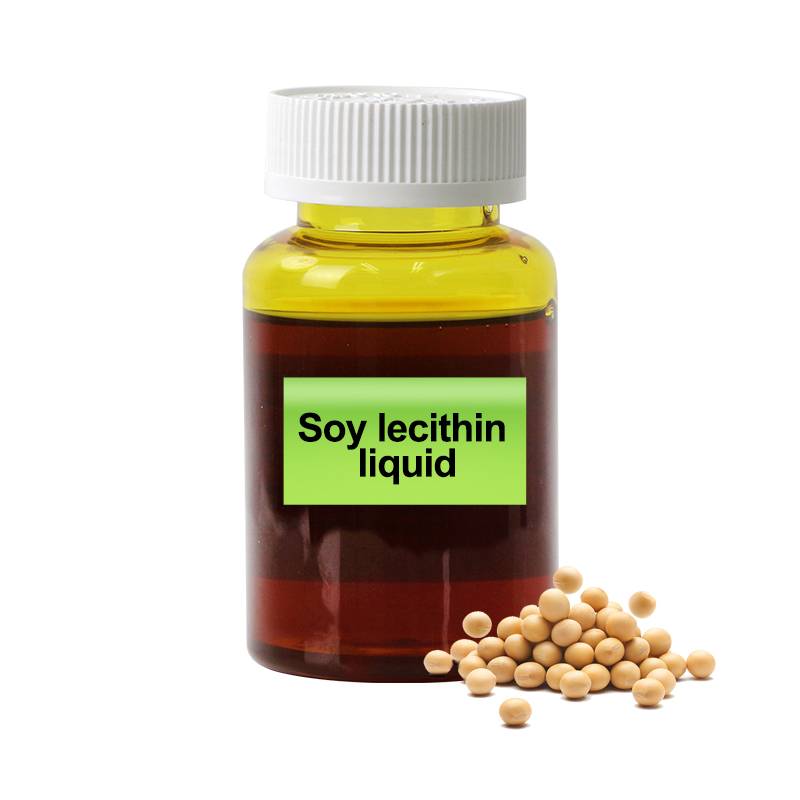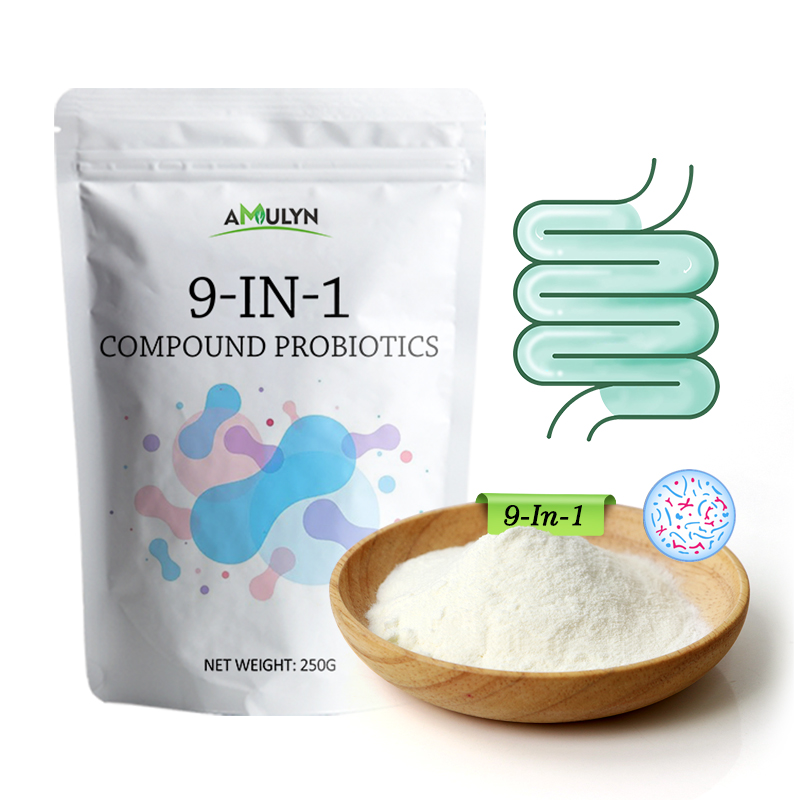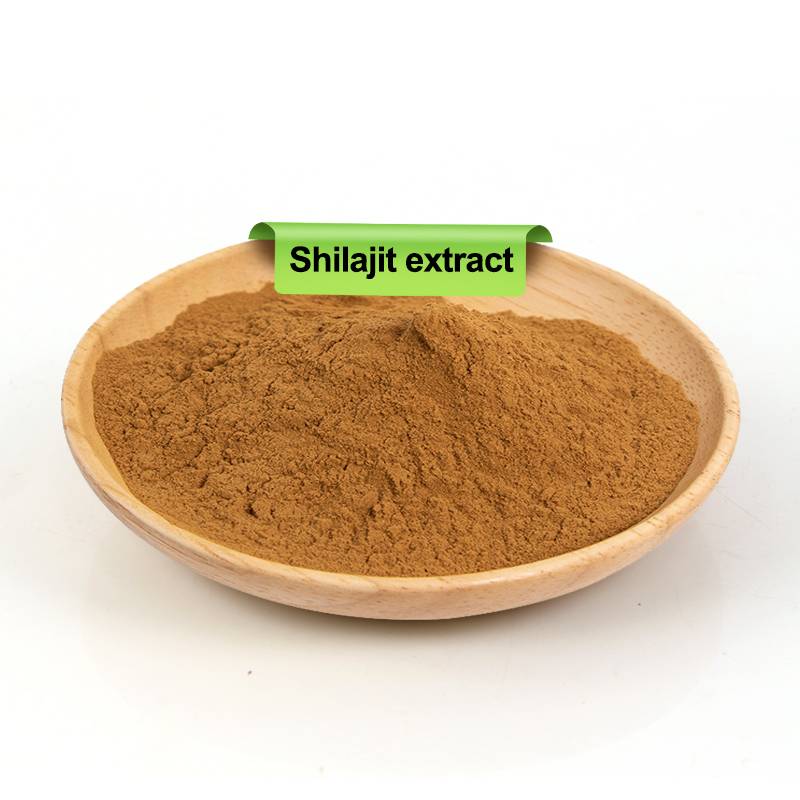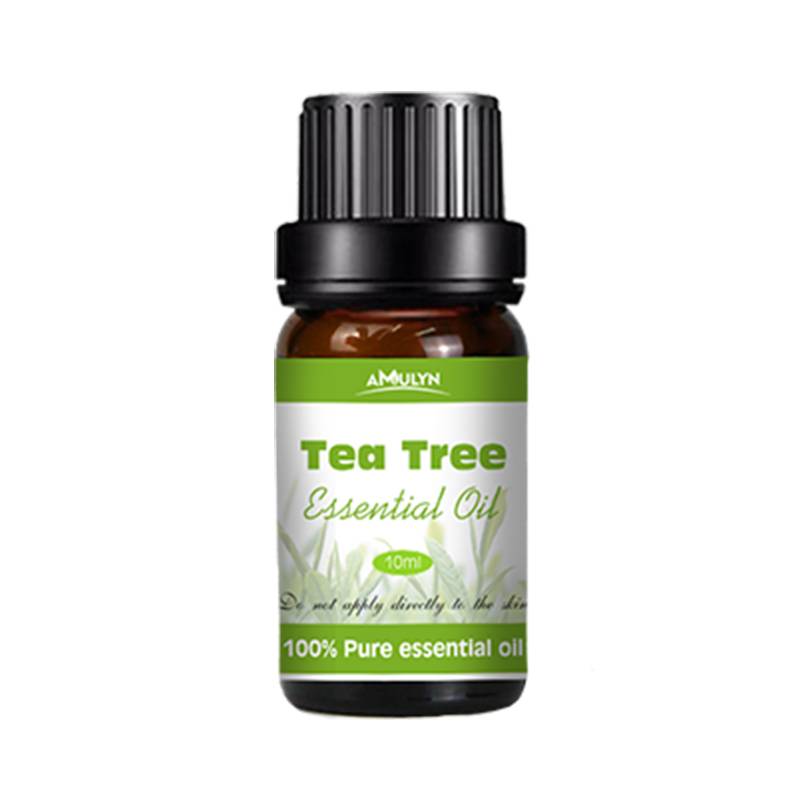What is Matcha?
Matcha is a finely ground powder made from specially grown and processed green tea leaves. Unlike regular green tea, where the leaves are steeped in water and then removed, matcha is unique in that the entire leaf is consumed. This is what gives it its rich, vibrant green color and a more intense flavor profile.
The tea plants used for matcha are shade-grown for several weeks before harvest. This process increases the chlorophyll content in the leaves, which not only enhances the color but also boosts the levels of certain nutrients.
When it comes to preparation, matcha is typically whisked with water in a bowl until it becomes frothy. This method of consumption allows for a more direct intake of the beneficial compounds found in the tea leaves, making it a cherished beverage in traditional Japanese tea ceremonies and increasingly popular in modern culinary applications around the world.
What Is the Best Matcha Powder?
When it comes to choosing the best matcha powder, several factors come into play:
Quality of Tea Leaves
High-grade matcha is usually made from the youngest, most tender leaves, which are hand-picked and carefully processed to preserve their flavor and nutritional value.
Growing Region
The climate and soil conditions of a specific region create the unique taste and quality of matcha.
Color Indicator
The color of the powder can be an indicator of quality. A bright, vivid green usually signifies fresh, high-quality matcha, whereas a duller color might suggest lower-grade or older leaves.
Intended Use
It's important to consider how you plan to use the matcha:
-
Ceremonial-grade matcha is perfect for drinking as a tea, with its smooth, delicate flavor.
-
Culinary-grade matcha can be used in baking, cooking, and other recipes where a stronger matcha flavor is desired.
Tip: When buying matcha, it is recommended not to pursue the highest grade matcha, but only to choose a matcha product that is suitable for your own use.
Why Is Matcha So Popular?
The popularity of matcha has surged in recent years, and there are several reasons behind this trend:
Health-Boosting Properties
Matcha is packed with antioxidants, particularly a type of flavonoid called catechins. These antioxidants help to neutralize free radicals in the body, which can reduce the risk of chronic diseases and promote overall well-being.
It also contains L-theanine, an amino acid that has been shown to promote relaxation and focus without causing drowsiness. This makes matcha an excellent alternative to coffee for those looking for a more balanced energy boost.
Unique Flavor Profile
Matcha's rich, earthy taste with a hint of natural sweetness is versatile and can be enjoyed in a variety of ways, from traditional tea to matcha-flavored lattes, smoothies, and even desserts.
Health-Conscious Trends
The rise of health-conscious lifestyles and the trend of incorporating superfoods into daily diets have further fueled the demand for matcha, as it fits perfectly into this lifestyle with its numerous health benefits and delicious taste.
Matcha vs. Coffee: The Ultimate Showdown
When comparing matcha and coffee, it's like pitting two popular beverages against each other in a battle of taste, health benefits, and energy-boosting capabilities.
|
Aspect
|
Matcha
|
Coffee
|
|
Flavor
|
Earthy, vegetal notes with subtle sweetness
|
Bold, bitter to smooth and rich (varies by roast)
|
|
Health Benefits
|
High in antioxidants and L-theanine
|
Contains some antioxidants but in lower amounts
|
|
Energy Boost
|
Sustained and balanced energy lift
|
Potential for jitters and energy crash
|
|
Preparation
|
Traditional whisking method, mindful experience
|
Various brewing methods with unique characteristics
|
Ultimately, the choice between matcha and coffee depends on individual preferences, lifestyle, and health goals.
Why Matcha Is Better Than Coffee?
While coffee is a beloved beverage for many, matcha has several advantages that make it a superior choice in certain aspects.
Nutritional Superiority
Matcha is a powerhouse of antioxidants, which can help protect the body from oxidative stress and reduce the risk of various diseases. The presence of L-theanine in matcha also sets it apart from coffee.
Balanced Energy Release
Matcha provides a more gradual and sustained release of energy, thanks to the interplay between caffeine and L-theanine. This means you won't experience the sudden crash that can often follow a coffee-fueled energy spike.
Fewer Negative Side Effects
Coffee's high caffeine content can sometimes lead to adverse effects like increased heart rate, elevated blood pressure, and disrupted sleep patterns. Matcha's L-theanine helps mitigate the negative effects of caffeine.
Versatility in Consumption
Matcha's unique flavor profile offers a refreshing and invigorating taste experience that is different from the bold and sometimes bitter taste of coffee. It can be enjoyed in a variety of ways, providing more versatility in how it can be consumed.
Cultural Significance
The traditional Japanese tea ceremony, with its emphasis on mindfulness and connection, brings a sense of tranquility and ritual to the experience of drinking matcha. This can be a welcome contrast to the often hurried way in which coffee is consumed.
Overall, while coffee has its own merits, matcha's combination of health benefits, balanced energy boost, unique flavor, and cultural richness make it a better choice for those looking to enhance their well-being and enjoy a more mindful and flavorful beverage experience.
 Koicha Ceremonial Grade Matcha Powder
Koicha Ceremonial Grade Matcha Powder Organic Ceremonial Grade Matcha Powder
Organic Ceremonial Grade Matcha Powder Premium Beverage Grade Matcha Powder
Premium Beverage Grade Matcha Powder Everyday Culinary Grade Matcha Powder
Everyday Culinary Grade Matcha Powder Organic Instant Pure Matcha
Organic Instant Pure Matcha Soy Lecithin Powder
Soy Lecithin Powder Sunflower Lecithin Powder
Sunflower Lecithin Powder Soy Lecithin Granules
Soy Lecithin Granules Phosphatidylcholine
Phosphatidylcholine  Phosphatidylserine
Phosphatidylserine Soy Lecithin Liquid
Soy Lecithin Liquid Reishi Mushroom Powder
Reishi Mushroom Powder Lion's Mane Mushroom Powder
Lion's Mane Mushroom Powder Cordyceps Sinensis Powder
Cordyceps Sinensis Powder Chaga Mushroom Powder
Chaga Mushroom Powder Shiitake Mushroom Powder
Shiitake Mushroom Powder Cordyceps Militaris Powder
Cordyceps Militaris Powder


























































